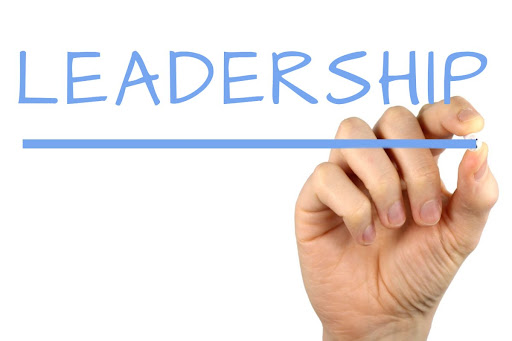Starting on a journey of positive change often centers on forming and sticking to habits. Habits, ingrained routines of behavior, have a profound impact on our daily lives. They influence everything from our productivity to our physical and overall mental well-being. Understanding the science behind habits and implementing effective strategies can be the key to transforming harmful patterns into positive behaviors.
The Science Behind Habits
Habits are deeply rooted in neurological patterns. As we repeat a behavior, our brain forms neural pathways that make the action more automatic over time. This inherent ability of our brains to create habits can be harnessed for positive change. Rather than viewing habits as obstacles, we can leverage the brain’s ability to establish routines that align with our goals.
Identify the Trigger
To change a bad habit, start by identifying the trigger that begins the behavior. Whether it’s stress, boredom, or a specific environment, recognizing the cue that prompts the habit is crucial. Understanding the trigger allows you to implement strategies to interrupt the automatic response and replace it with a positive alternative.
Set Clear and Achievable Goals
Define clear and achievable goals that align with the positive change you want to make. Break down larger objectives into smaller, manageable steps. This not only makes the process less overwhelming but also provides a sense of accomplishment with each milestone. You are reinforcing the formation of a new, positive habit!
Replace with a Positive Behavior
Rather than focusing solely on eliminating a bad habit, redirect your energy toward replacing it with a positive behavior. If your goal is to reduce screen time, replace the habit of scrolling through your phone with a positive behavior. Activities like reading a book or practicing relaxation techniques fit the bill better just before bedtime. The key is to substitute the undesirable action with a healthier alternative.
Utilize the Power of Consistency
Consistency is the bedrock of habit formation. Repetition is what reinforces neural pathways, making a behavior more automatic. Commit to practicing the positive behavior consistently, even when faced with setbacks. Over time, this repetition strengthens the new habit, making it a natural part of your routine.
Accountability and Support
Share your goals with a friend, family member, or a mentor who can provide encouragement and hold you accountable. Having a support system enhances motivation and increases the likelihood of successfully transforming a bad habit. Celebrate achievements together and learn from challenges as a team.
The power of habits lies in their ability to shape our lives. By understanding the science behind habits and implementing strategic approaches, you can change harmful behaviors into positive, life-affirming habits.
Identify triggers, set achievable goals, replace negative behaviors with positive ones, embrace consistency, and seek support. Through this approach, you will create lasting, positive changes that contribute to a healthier, happier, and more fulfilling life.
For more living well, inspiration check out my website: KathyHusserTempe.com




